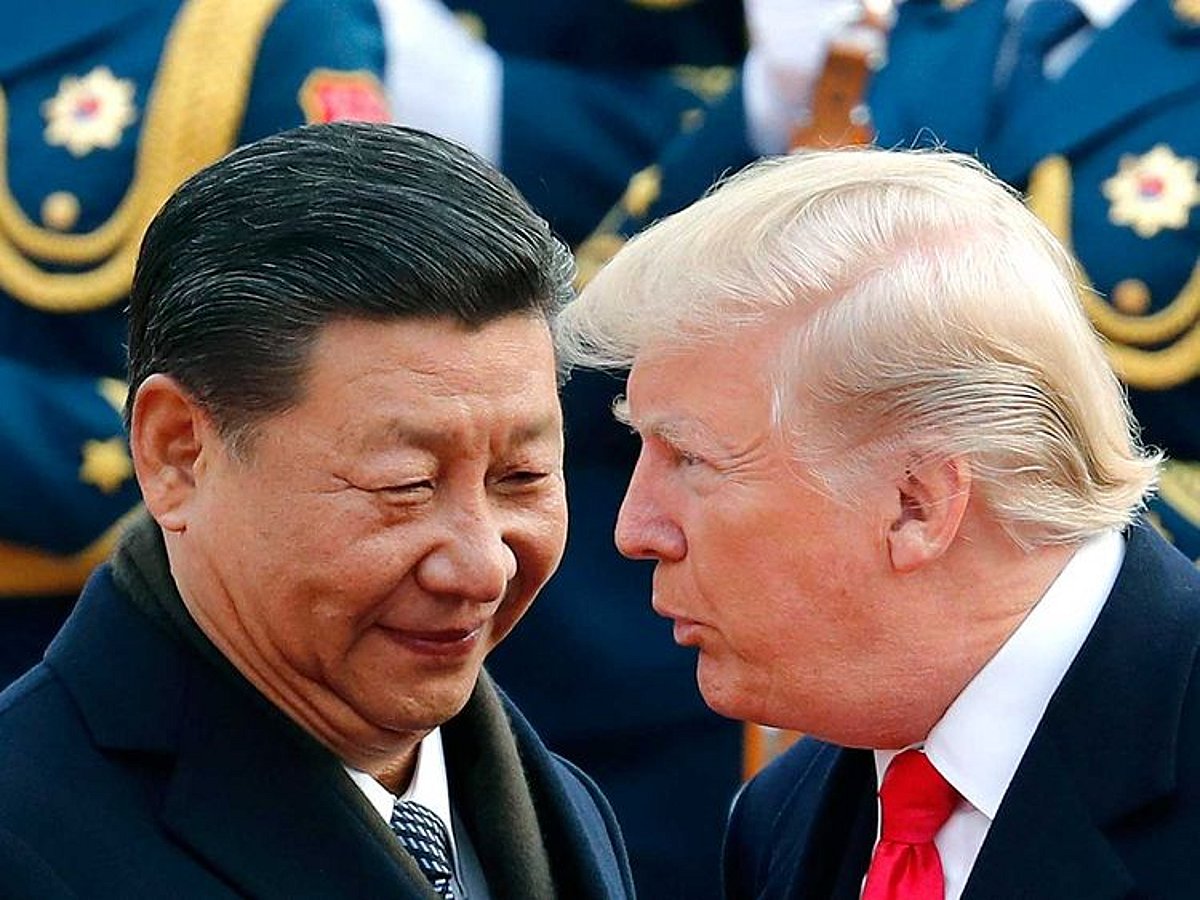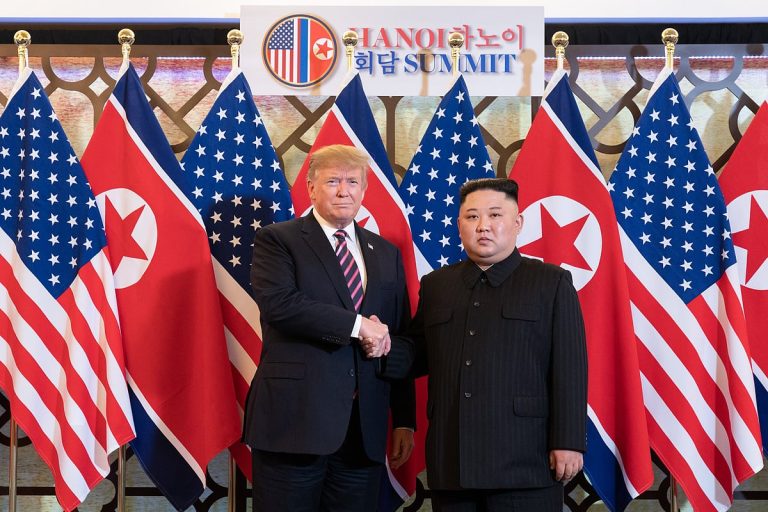Trump Optimistic Ahead of Meeting with Xi Jinping
Former President Donald Trump has expressed optimism about his forthcoming meeting with Chinese President Xi Jinping, suggesting that the discussions could address numerous pressing issues. As Trump prepares for this high-stakes encounter, he emphasizes the potential for significant progress on various fronts, particularly concerning trade and international relations.
Importance of the Meeting
This meeting is set against a backdrop of ongoing tensions between the United States and China, including trade disputes and geopolitical challenges. Trump believes that direct dialogue could pave the way for resolutions that have eluded both nations in recent years.
Context of U.S.-China Relations
The relationship between the U.S. and China has been marked by competition and conflict, particularly in areas such as technology, military presence in the Asia-Pacific, and human rights. Trump’s upcoming discussions with Xi are seen as a crucial opportunity to recalibrate this complex relationship.
FAQs
What issues are expected to be discussed in the meeting?
Key topics likely include trade tariffs, economic cooperation, and regional security concerns, particularly regarding North Korea.
When and where will the meeting take place?
The meeting is scheduled to occur during Trump’s visit to South Korea, although specific details about the date and location have not been disclosed.
How might this meeting impact U.S.-China relations?
If successful, the meeting could lead to improved diplomatic ties and economic agreements, potentially easing tensions that have escalated in recent years.
Conclusion
As Trump prepares for his meeting with Xi, the focus remains on finding common ground to address critical issues affecting both nations. The outcome of these discussions could significantly influence the future of U.S.-China relations and global stability.
The upcoming meeting between Trump and Xi is particularly significant given the historical context of U.S.-China relations. Over the past few decades, the two nations have experienced periods of both cooperation and conflict. The economic interdependence that has developed since China joined the World Trade Organization in 2001 has created a complex dynamic, where both countries rely on each other for trade and investment while also competing for global influence. This duality has often led to friction, particularly in sectors such as technology, where issues of intellectual property theft and cybersecurity have become prominent points of contention.
In recent years, the U.S. has taken a more confrontational stance towards China, implementing tariffs on a wide range of Chinese goods and restricting access to advanced technologies. These actions have sparked retaliatory measures from Beijing, further complicating the economic landscape. The trade war initiated during Trump’s presidency has had significant implications not only for bilateral relations but also for global supply chains and markets. As both leaders prepare for their discussions, the potential for a reset in trade policies could have far-reaching effects on the economies of both nations and their standing in the international arena.
Moreover, the geopolitical landscape in the Asia-Pacific region adds another layer of complexity to the meeting. China’s assertive military posture in the South China Sea and its growing influence in regional affairs have raised concerns among U.S. allies, including Japan and Australia. The U.S. has sought to strengthen its alliances in the region as a counterbalance to China’s rise, which has led to increased military cooperation and joint exercises with partner nations. Addressing these security concerns will likely be a critical component of the dialogue between Trump and Xi, as both leaders navigate the delicate balance of competition and collaboration in a rapidly changing global environment.
The outcome of this meeting could also set the tone for future interactions between the two countries. A successful dialogue may open avenues for cooperation on global challenges such as climate change, public health, and nuclear non-proliferation, where both nations have a vested interest in finding common ground. Conversely, a failure to reach consensus could exacerbate existing tensions and lead to further divisions. As the world watches closely, the implications of this meeting extend beyond the bilateral relationship, influencing international relations and economic stability on a global scale.
Also Read:
Takaichi and Trump Strengthen Japan-U.S. Relations in Tokyo
Strengthening Kyrgyzstan-UAE Ties for Investment and Tourism






